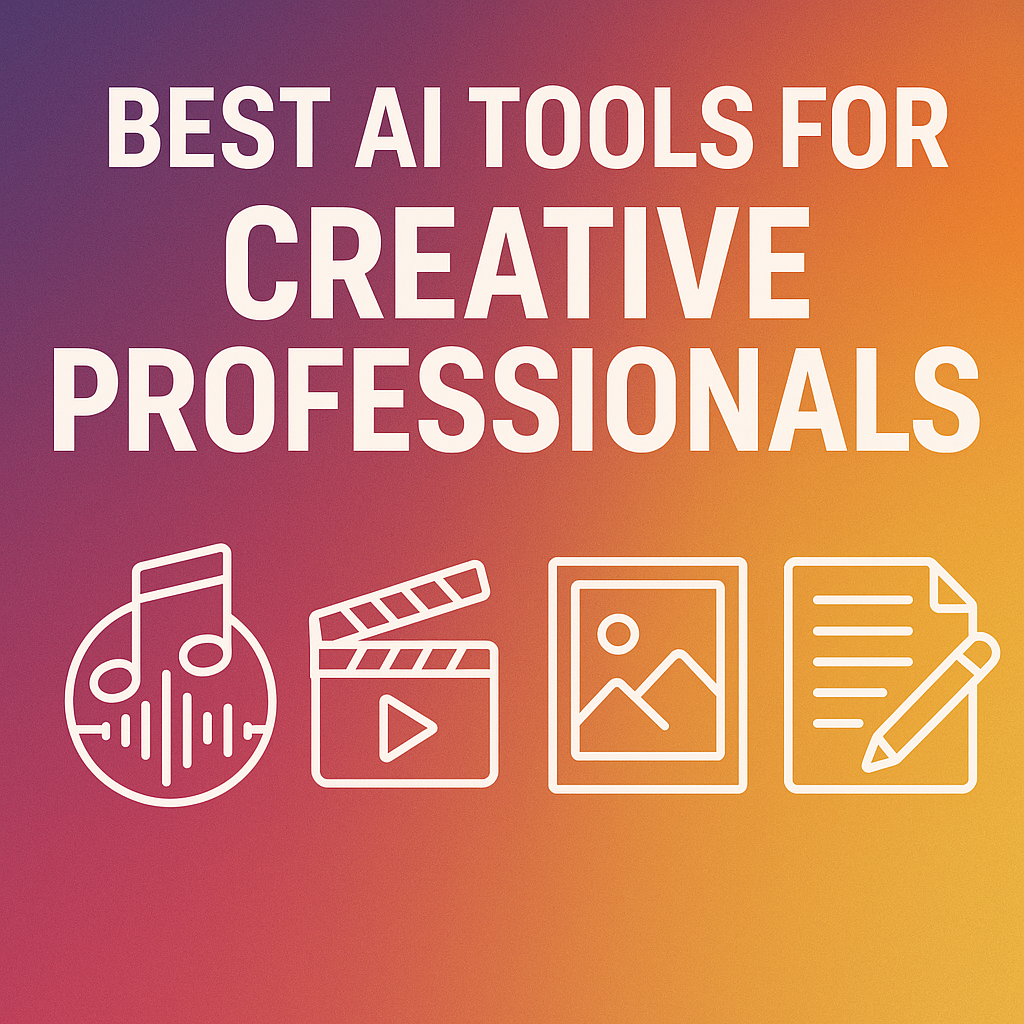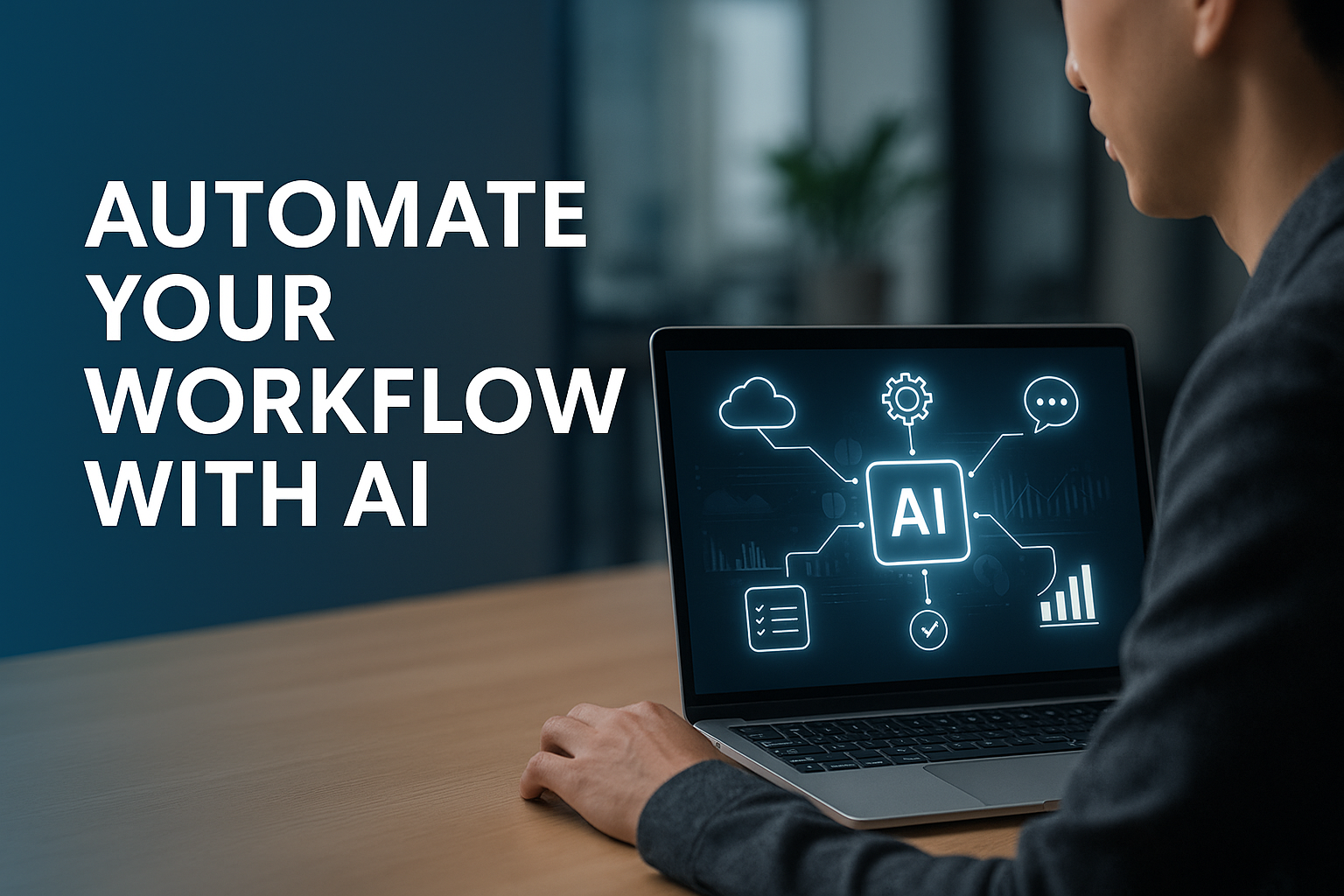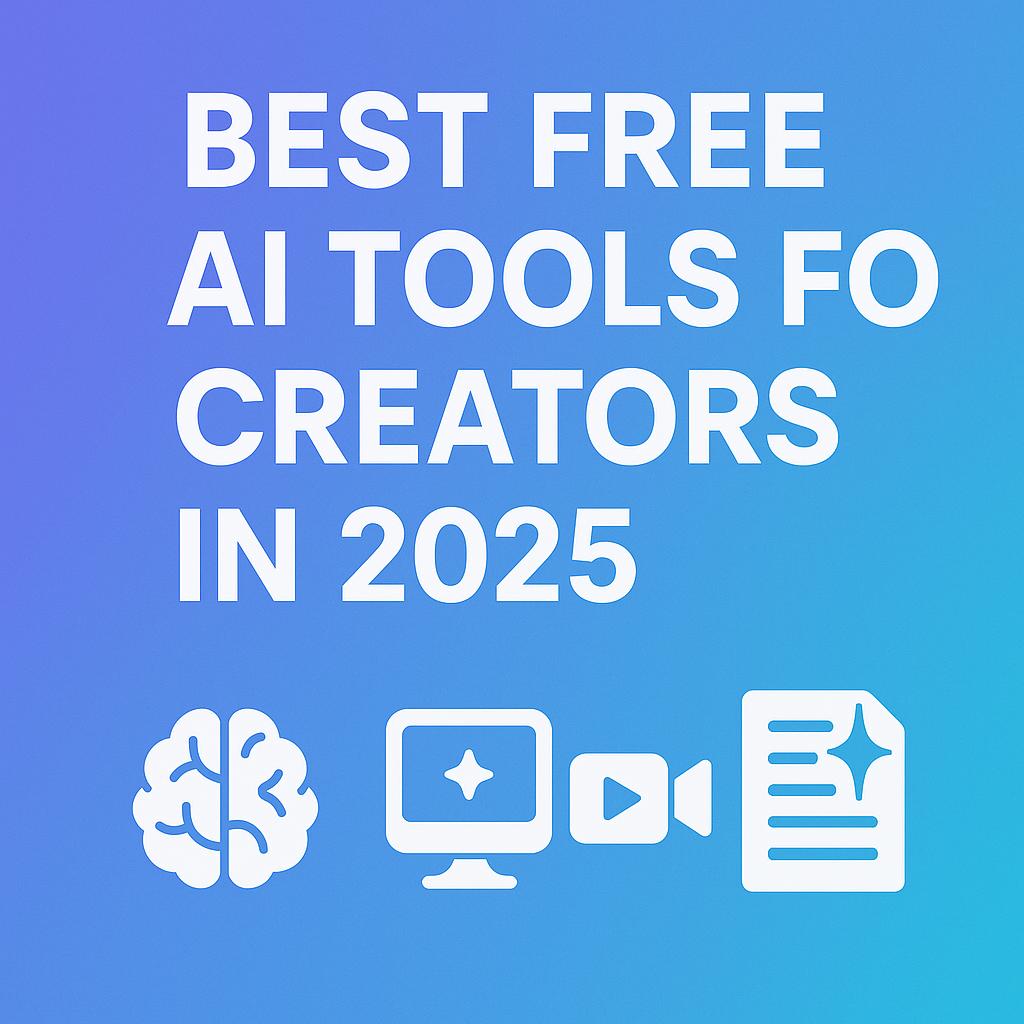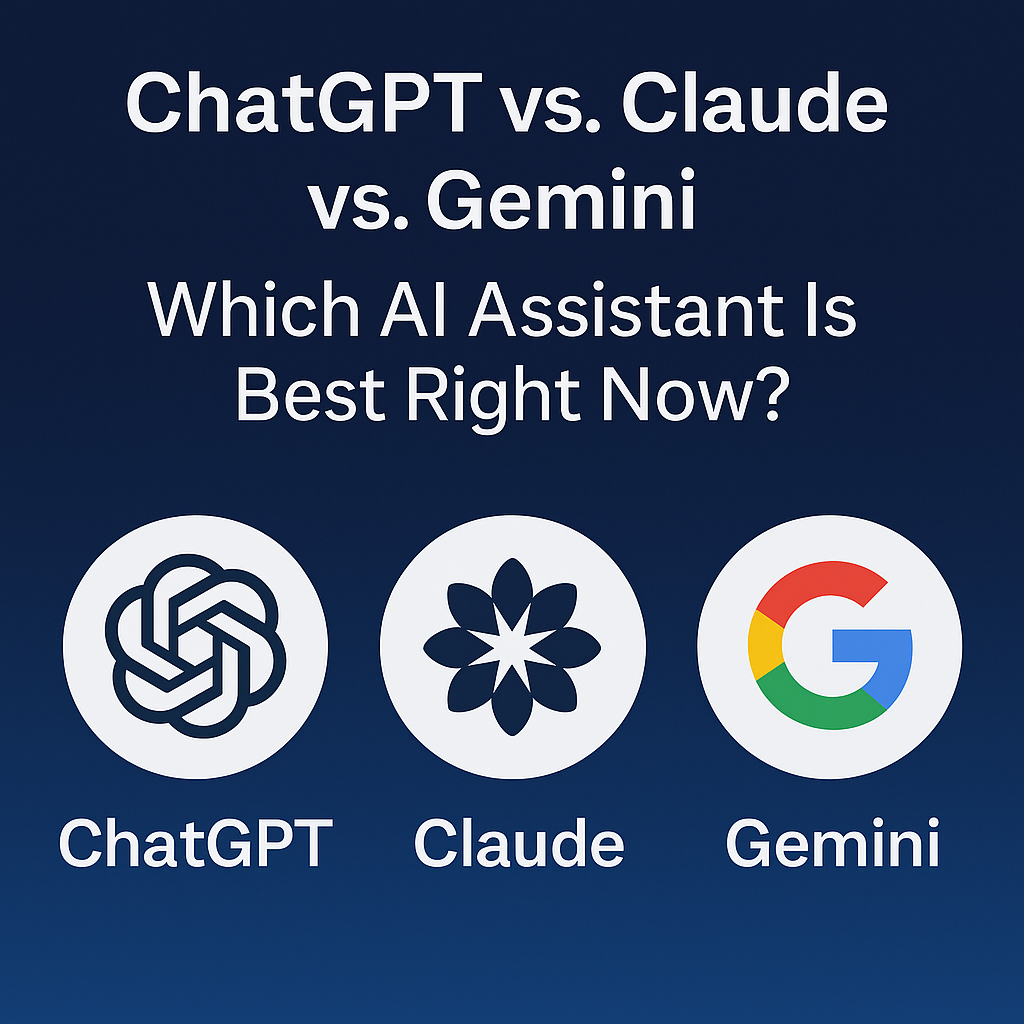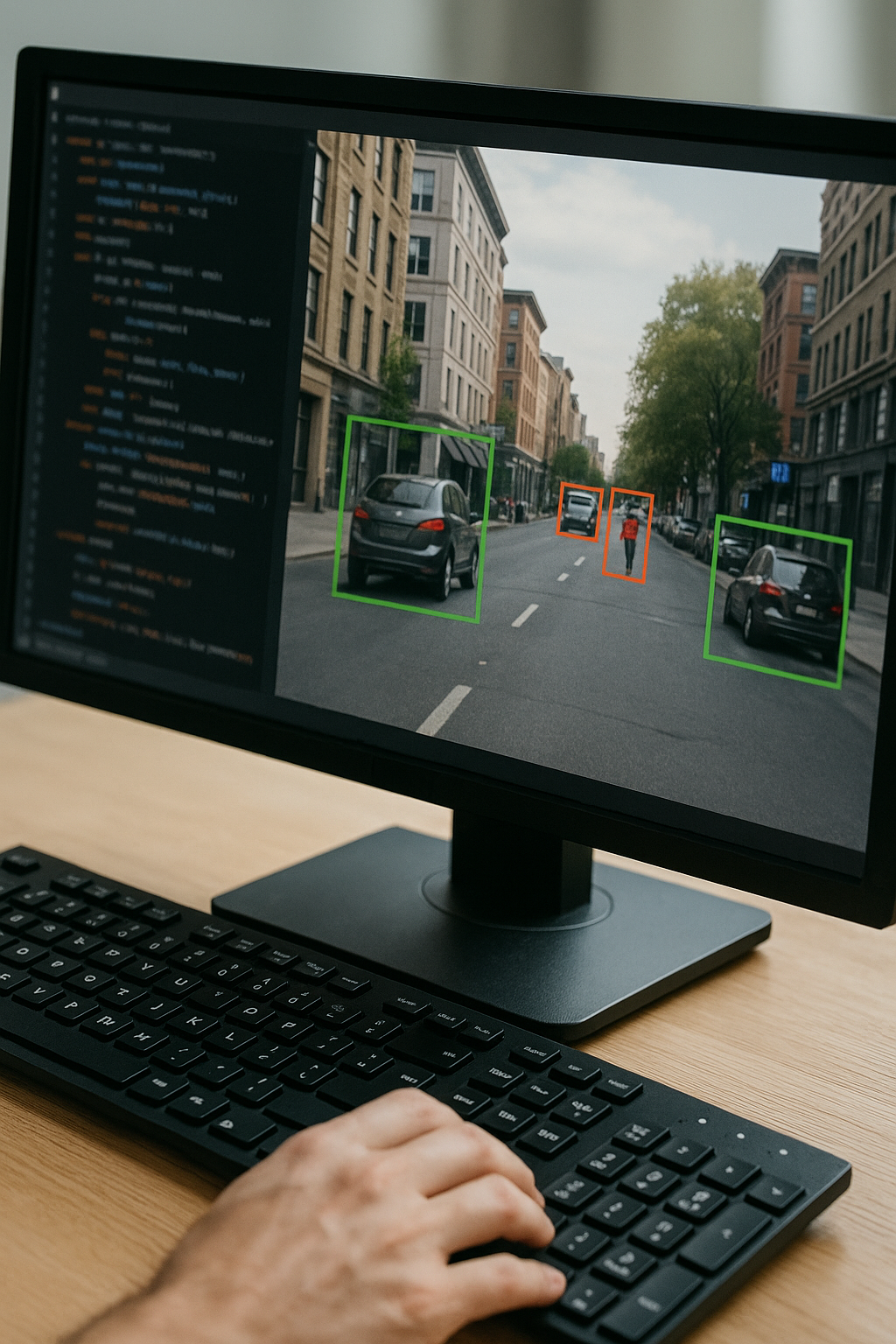The 7 Biggest AI News Stories from Last Week
The 7 Biggest AI News Stories from Last Week: In-Depth Analysis
The AI landscape is continuously shifting, with each week bringing new developments that push the boundaries of what's possible. Last week was particularly eventful, with groundbreaking advancements, strategic partnerships, and critical discussions shaping the future of artificial intelligence. In this post, we delve into the seven most significant AI news stories of the week, exploring their implications for industry and society at large.
1. OpenAI’s GPT-4 Turbo: A Leap Forward in AI Performance
OpenAI has once again captured the spotlight with the release of GPT-4 Turbo, a substantial upgrade to its already impressive GPT-4 model. The new Turbo variant is designed to be faster, more accurate, and significantly more resource-efficient than its predecessor. This development is a response to the growing demand for high-performance AI in various sectors, from content creation and customer service to complex data analysis.
One of the key improvements in GPT-4 Turbo is its enhanced ability to process and generate text more efficiently, making it particularly useful for real-time applications where speed is critical. OpenAI has also focused on reducing the computational costs associated with running large-scale models, which could democratize access to advanced AI by making it more affordable for businesses and developers.
The implications of this release are far-reaching. For businesses, GPT-4 Turbo offers an opportunity to integrate more sophisticated AI tools into their operations, potentially leading to significant productivity gains. For developers, the reduced resource demands open up new possibilities for building AI-powered applications on a budget. OpenAI’s move also sets a new benchmark in the industry, pushing competitors to innovate further.
2. Google DeepMind’s AlphaCode: AI Outperforms Human Coders
In a remarkable demonstration of AI's capabilities, Google DeepMind’s AlphaCode has managed to outperform human coders in a series of competitive programming challenges. AlphaCode’s achievement is particularly noteworthy because it succeeded in solving problems that require not only logical reasoning but also creative thinking—two areas traditionally seen as the stronghold of human intelligence.
AlphaCode works by leveraging a combination of machine learning techniques to generate code that can tackle complex tasks. During the competition, it was able to produce solutions that were not only correct but also optimized, often surpassing the performance of seasoned programmers. This marks a significant milestone in the development of AI as a tool for software development.
The success of AlphaCode raises important questions about the future of jobs in the tech industry. While some fear that AI could replace human programmers, others see it as a powerful tool that can assist developers, allowing them to focus on more strategic aspects of their work. The debate is ongoing, but one thing is clear: AI is poised to play an increasingly important role in coding, from automating routine tasks to providing innovative solutions to complex problems.
3. Meta’s LLaMA 3: Redefining Conversational AI
Meta’s latest offering, LLaMA 3, represents a significant advancement in the field of conversational AI. This new large language model is designed to provide more contextually relevant and accurate responses, addressing some of the limitations of earlier models. LLaMA 3 builds on the success of its predecessors but introduces several key improvements that make it more effective in understanding and responding to nuanced queries.
One of the standout features of LLaMA 3 is its ability to maintain coherent and contextually appropriate conversations over extended interactions. This makes it particularly valuable for applications in customer service, where maintaining a natural dialogue is crucial. Additionally, LLaMA 3 has been optimized to better understand and generate responses in multiple languages, reflecting Meta’s global user base.
The introduction of LLaMA 3 is part of Meta’s broader strategy to integrate AI more deeply into its platforms, enhancing user experience and enabling new functionalities. As AI continues to evolve, models like LLaMA 3 will likely become central to how we interact with technology, offering more personalized and intuitive experiences across a range of applications.
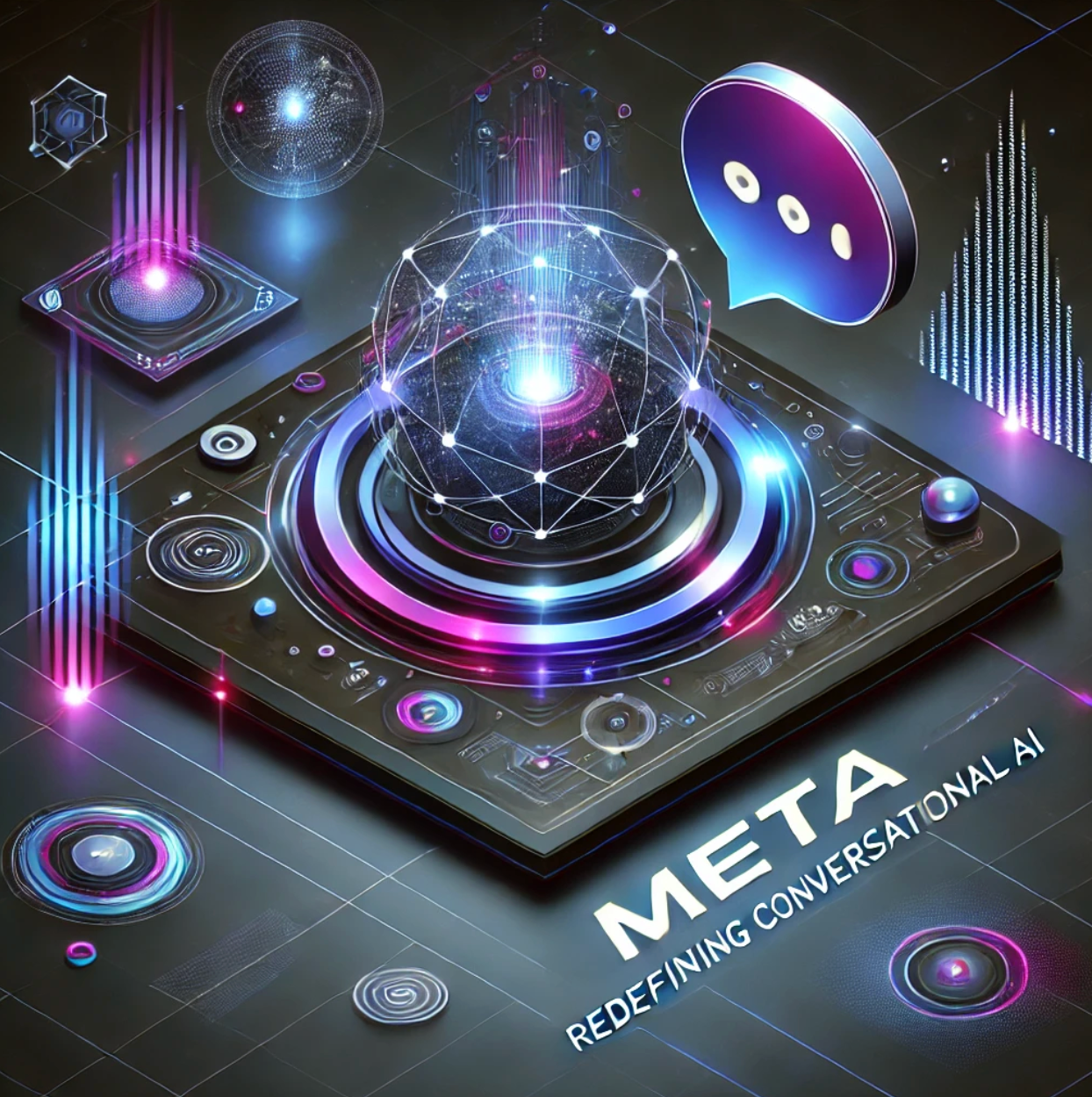
4. AI Ethics at the UN General Assembly: A Global Call for Responsible AI
In a landmark event, the United Nations General Assembly dedicated a session to discussing the ethical implications of AI, signaling the growing recognition of technology’s global impact. This was the first time the UN has formally addressed AI ethics at such a high level, highlighting the urgency of establishing international guidelines for the development and deployment of AI technologies.
The discussions at the General Assembly covered a wide range of topics, from the potential for AI to exacerbate social inequalities to the need for transparency and accountability in AI systems. Delegates from various countries emphasized the importance of aligning AI development with human rights principles, ensuring that AI benefits all of humanity rather than just a privileged few.
One of the session's key outcomes was a call for an international framework for AI governance. Such a framework would establish standards and best practices for AI development, promoting ethical considerations at every stage of the process. The UN’s involvement in AI ethics underscores the importance of global cooperation in addressing the challenges and opportunities presented by AI, ensuring that the technology is developed and used in ways that are fair, transparent, and beneficial to all.
5. NVIDIA and ARM’s Strategic Partnership: The Future of AI Hardware
In a move that could reshape the AI hardware landscape, NVIDIA and ARM announced a strategic partnership aimed at developing the next generation of AI processing units. By combining NVIDIA’s expertise in GPUs (Graphics Processing Units) with ARM’s cutting-edge CPU (Central Processing Unit) architecture, the two companies plan to create more efficient and powerful AI hardware that can handle the demands of modern AI applications.
The partnership is particularly focused on AI at the edge—applications where real-time processing and energy efficiency are critical. This includes everything from autonomous vehicles to smart home devices, where AI needs to operate with minimal latency and power consumption. By leveraging ARM’s low-power architecture and NVIDIA’s high-performance processing capabilities, the collaboration aims to create AI hardware that is both powerful and energy-efficient.
This partnership is seen as a strategic response to the growing demand for AI solutions that can operate independently of cloud-based data centers. As AI becomes increasingly integrated into everyday devices, the need for efficient, high-performance hardware will continue to grow. NVIDIA and ARM’s collaboration could lead to significant advancements in AI hardware, making it possible to deploy sophisticated AI models in a wider range of devices and environments.
6. Baidu’s ERNIE 4.0: China’s Answer to GPT-4
Baidu, one of China’s leading tech giants, has launched ERNIE 4.0, a new AI language model that is being positioned as a direct competitor to OpenAI’s GPT-4. ERNIE 4.0 is designed to excel in natural language processing, with a particular focus on Chinese language understanding. This makes it a powerful tool for applications in China’s vast and diverse market, where language and cultural nuances are critical.
ERNIE 4.0 is part of Baidu’s broader strategy to become a global leader in AI, and the model’s capabilities are impressive. It has been trained on a massive dataset that includes not only text but also other forms of data, such as images and audio, allowing it to generate more contextually rich and accurate responses. Baidu has also emphasized the model’s ability to handle complex queries and perform tasks that require a deep understanding of context and intent.
The launch of ERNIE 4.0 is significant for several reasons. First, it highlights China’s rapid progress in AI research and development, positioning the country as a formidable player in the global AI race. Second, it underscores the importance of language-specific models in catering to regional markets. As AI continues to evolve, we can expect to see more localized models that are tailored to the specific needs and preferences of different linguistic and cultural groups.
7. AI-Generated Art at the Venice Biennale: A New Era of Creativity
The Venice Biennale, one of the world’s most prestigious art exhibitions, made headlines last week by featuring AI-generated art for the first time. Several artists showcased works that were created using AI tools, sparking a lively debate about the role of technology in the creative process and what it means for the future of art.
The AI-generated pieces on display challenged traditional notions of authorship and creativity, prompting viewers to question whether the artist or the AI should be credited for the work. Some pieces were created by feeding AI models with large datasets of existing artworks, while others were generated using algorithms that mimic human creativity. The results were striking, with some pieces indistinguishable from those created by human hands.
This event marks a significant milestone in the acceptance of AI as a legitimate tool for artistic creation. It also raises important questions about the future of the art world, as AI becomes more capable of producing works that rival those of human artists. Will AI-generated art become mainstream? How will it affect the careers of traditional artists? These are just a few of the questions that the art community will need to grapple with as AI continues to evolve.
Don’t Miss Out on the Future of AI: Subscribe to Our Newsletter
As these stories demonstrate, the world of AI is moving at a breathtaking pace, with new developments occurring every day. Whether it’s advancements in technology, ethical debates, or creative breakthroughs, staying informed is essential for anyone interested in the future of AI.
To keep up with the latest news, insights, and trends, sign up for our AI Insights Newsletter. Delivered straight to your inbox, our newsletter is your go-to source for everything AI. From expert analysis to exclusive interviews, we cover it all. Don’t miss out—subscribe today and be the first to know about the next big thing in AI!
Sign Up For Our Weekly Newsletter and Get Your FREE Ebook " AI For Everyone - Learn the Basics and Embrace the Future"



